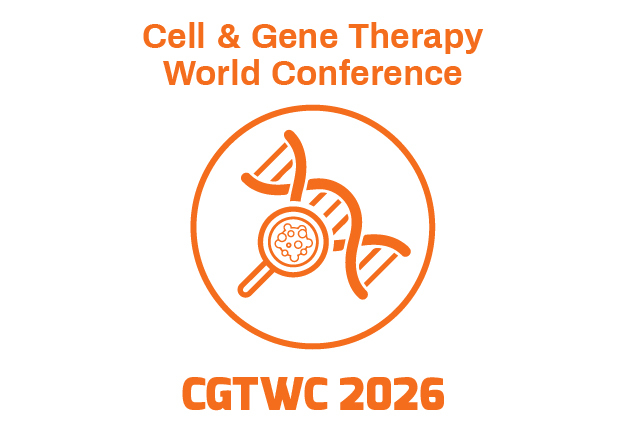Speakers - 2025

Thomas Jay Webster
Thomas Jay Webster
- Designation: Hebei University of Technology/Brown
- Country: United States
- Title: Nanomaterials Controlling Cell and Genetic Responses: 30,000 Patients With Improved Health and Still Counting
Abstract
Nanomedicine is the use of nanomaterials to improve disease prevention, detection, and treatment which has resulted in hundreds of FDA approved medical products. While nanomedicine has been around for several decades, new technological advances are pushing its boundaries. For example, this presentation will present an over 25 year journey of commercializing nano implants now in over 30,000 patients to date which have improved cell functions leading to increased bone formation and inhibited infection. Specifically, these novel nanomaterials have shown no signs of failure. Current orthopedic materials face a failure rate of 5 – 10% and sometimes as high as 60% for bone cancer patients. Further, Artificial Intelligence (AI) has revolutionized numerous industries to date. However, its use in nanomedicine has remained few and far between. One area that AI has significantly improved nanomedicine is through implantable sensors which control cell functions and genetic therapy. This talk will present research in which implantable sensors, using AI, can learn from a patient’s immune system to develop improved materials for cell and gene therapy. Such implantable sensors not only incorporate AI, but also communicate to a handheld device, and can reverse AI predicted adverse events. Examples will be given in which AI implantable sensors have been used to improve human health. Importantly, this talk will cover human clinical studies on nanomaterials.

